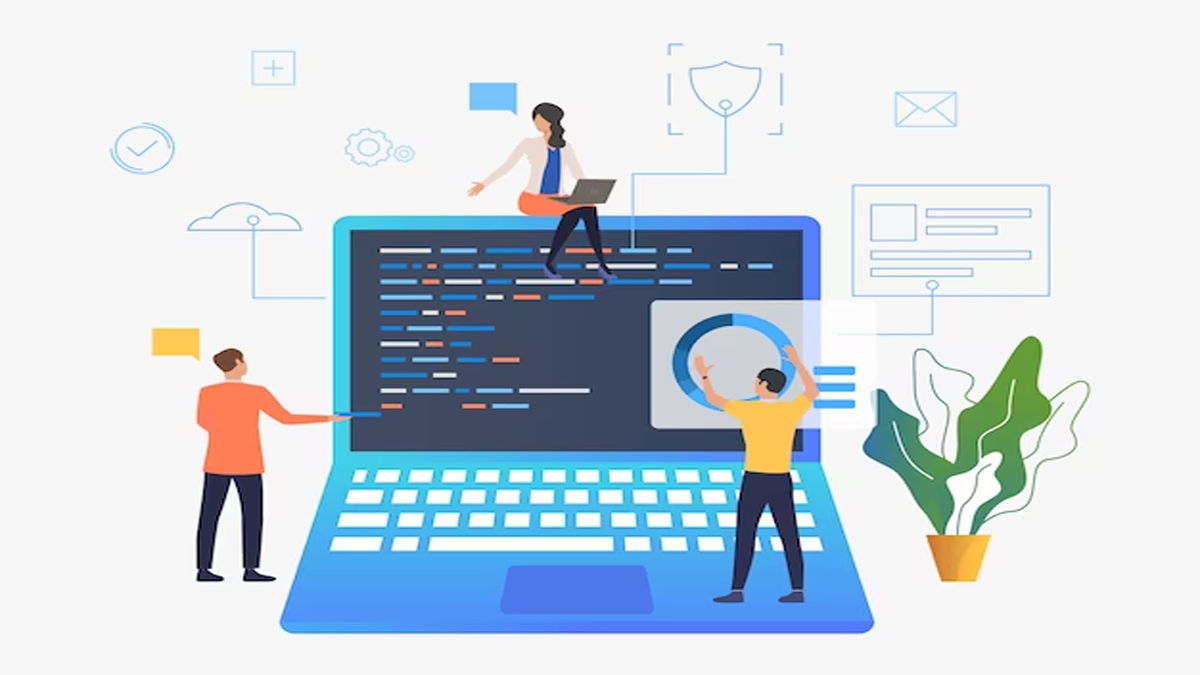Here’s a discussion on Intellectual Property Rights in open-source software:
1. Licensing:
Open-source software is typically distributed under licenses that grant users the freedom to use, modify, and distribute the software. The most common open-source licenses include the GNU General Public License (GPL), MIT License, Apache License, and the Creative Commons licenses. These licenses ensure that the software remains freely available while maintaining certain conditions and restrictions.
2. Copyright:
Open-source software is protected by copyright law. The copyright holder retains exclusive rights to the software, including the right to reproduce, distribute, and modify the code. However, open-source licenses grant users the right to exercise these rights within the boundaries defined by the license.
3. Copyleft:
Some open-source licenses, such as the GPL, include a copyleft provision. Copyleft licenses require that derivative works or modifications of the original software must also be distributed under the same open-source license. This provision ensures that subsequent versions or modifications of the software remain open-source.
4. Patent Rights:
Open-source software licenses do not typically address patent rights. This means that patents held by individuals or organizations could potentially be used to restrict or sue users of the software for patent infringement. To protect against this, some open-source projects include explicit patent grants or use defensive patent pools to provide a level of protection to the community.
5. Trademarks:
Trademarks associated with open-source software projects are protected under intellectual property law. These trademarks ensure the authenticity and reputation of the project and prevent unauthorized use that may cause confusion. The ownership and usage guidelines for trademarks are typically specified by the governing bodies of the open-source projects.
6. Contributor Agreements:
Open-source projects often require contributors to sign a contributor agreement, which outlines the terms under which contributions are made. These agreements may include clauses relating to copyright ownership, licensing, and patent grants, ensuring that contributors grant the necessary rights for their contributions to be integrated into the project.
7. Enforcement:
Intellectual Property Rights violations in open-source software can be enforced through legal means, such as copyright infringement lawsuits or breach of license claims. However, the open-source community primarily relies on community-driven enforcement, peer review, and collaboration to identify and address potential violations.
8. Benefits and Challenges:
Open-source software and its permissive licenses encourage collaboration, innovation, and knowledge sharing. Developers and organizations can build upon existing code, reducing duplication of effort and fostering a culture of collaboration. However, challenges may arise in ensuring license compliance, dealing with conflicting licenses, and addressing potential legal issues arising from the use of open-source components in commercial products.
It’s essential to note that this discussion provides a general overview, and specific details may vary depending on the chosen open-source license and the governing laws of a particular jurisdiction. It’s always recommended to review and understand the specific terms and conditions of the open-source licenses being used before engaging with open-source software.
